What’s the Buzz
The Bee Healthy Blog
Levofloxacin for Infections: Interactions & Side Effects
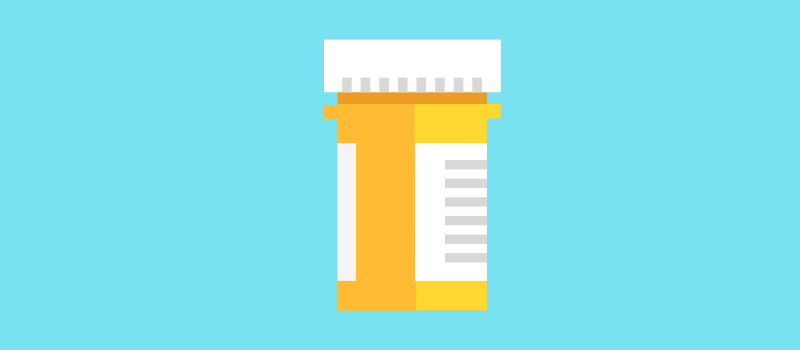
Levofloxacin (brand name: Levaquin) is a fluoroquinolone antibiotic used to treat bacterial infections in many different body parts. Please continue reading to learn more about levofloxacin, including some important adverse drug reactions that can occur and its interactions with other drugs.
What infections is levofloxacin used to treat?
Levofloxacin is used to treat bacterial infections in different body parts such as:
-
The lungs (pneumonia, acute bacterial exacerbation of chronic bronchitis)
-
Sinuses (acute bacterial sinusitis)
-
Prostate gland (acute bacterial prostatitis and chronic bacterial prostatitis)
-
Kidneys (acute pyelonephritis)
-
Uncomplicated urinary tract infections, complicated urinary tract infections, and
-
Skin and skin structure infections
Levofloxacin is also used to treat and prevent plague, an infection caused by a bacteria called Yersinia pestis, as well as prevent the spread of inhalational anthrax. Plague and anthrax can potentially be spread during bioterror attacks.
However, levofloxacin does not work against viral infections, such as the common cold, flu, or other viral infectious diseases. Using levofloxacin and other antibiotics when they are not needed leads to the emergence of drug-resistant bacteria that are harder to treat in the future. This problem is a serious risk to the public health.
How to take levofloxacin?
Levofloxacin comes in the form of an oral tablet and oral solution to take by mouth, usually once daily. Levofloxacin dosing depends on the type of infection, as well as the patient’s age, weight, and kidney function. Depending on the type of bacterial infection, the treatment duration ranges between 5 and 14 days. But can last as long as 28 days for chronic bacterial prostatitis or 60 days for anthrax post-exposure.
However, the general adult dosing is 250 milligrams (mg), 500 mg, or 750 mg orally once every 24 hours.
Children's dosing depends on body weight; however, the typical dosing for children is 250 mg to 500 mg orally every 12 to 24 hours.
The tablets can be taken with or without food. However, the oral solution of levofloxacin should be taken 1 hour before or 2 hours after a meal. It is recommended to take your antibiotic at around the same time every day. Do not change the dose, dosage frequency, or treatment duration without your doctor’s approval.
You will likely start feeling better a few days after starting levofloxacin. Continue taking the medicine and finish the prescribed course of antibiotics even if your symptoms are gone. Stopping antibiotic treatment too soon can cause your infection to come back and be harder to treat in the future. Tell your doctor if your symptoms do not improve or are getting worse after starting levofloxacin.
What are the common adverse drug reactions of levofloxacin?
Common adverse reactions reported after taking levofloxacin include nausea, sleep problems, diarrhea, and headache. Other side effects that are not as common include constipation, dizziness, upset stomach, rash, and vaginitis.
Taking levofloxacin with a meal or snack can help with nausea and stomach upset.
Tell your doctor if these adverse effects are severe or persist after a few days once your body has gotten used to the medicine.
What are the serious side effects of levofloxacin?
Though rare, levofloxacin can cause anaphylactic allergic reaction with symptoms like shortness of breath, hives, and swelling of the face, tongue, or throat. In rare cases, this antibiotic can also cause a severe skin reaction that presents with a sore throat, burning sensation in the eyes, fever, and a reddish or purple skin rash that causes painful peeling and blistering. You should seek emergency medical care immediately if you experience any of these signs and symptoms.
Also very rare, levofloxacin was found to cause aorta damage in elderly patients who are 65 years and older within two months after completing treatment with levofloxacin. Damage to the aorta, the largest artery in the body, can be life-threatening. Seek emergency medical care if you experience sudden pain in the chest or back or severe stomach pain that does not go away.
There are also reports that more serious adverse drug reactions occurred after taking levofloxacin. If you experience the following signs and symptoms while taking levofloxacin, you should stop taking this medication immediately. Call your doctor immediately and seek emergency medical attention if the symptoms are severe. Severe symptoms may include:
-
Tendon rupture: bruising, swelling, tenderness, sudden pain, new popping or snapping noise from the joints.
-
Changes in mood or behavior: worsening mood or depression, suicidal ideation, anxiety, agitation, hallucinations, trouble thinking or concentrating.
-
Low blood sugar: hunger, excessive sweating and nervousness, dizziness, lightheadedness, shaky, fast heart rate.
-
Nerve problems in extremities: unusual tingling or burning sensation in arms, feet, or hands, unusual weakness.
What precautions should I take with levofloxacin?
Allergic reactions
Before starting treatment with levofloxacin, tell your doctor if you have ever had adverse drug reactions to levofloxacin, any of the active or inactive ingredients in levofloxacin preparations, other quinolone or fluoroquinolone antibiotics (for example, ciprofloxacin, ofloxacin, moxifloxacin, gemifloxacin), or any other medications.
Drug interactions
To prevent drug interactions leading to harmful adverse effects, you should give your doctor and pharmacist a complete list of your current medications, including prescription drugs, over-the-counter medicines, vitamins, dietary supplements, and herbal products.
Medical history
Levofloxacin may not be right for everyone. There are findings from studies regarding problems with joints, muscles, and bones in children who take levofloxacin, even though more research is necessary to learn more about this risk of bones and joint problems associated with levofloxacin. Therefore, this antibiotic should only be used when there are no other choices. Your child’s doctor will assess the risks and benefits and determine if levofloxacin is appropriate for your child. In addition, due to the risk of tendon rupture, if you are 60 years or older, caution should be taken with levofloxacin use. Give your doctor a detailed medical history. Be sure to mention a personal or family history of long QT syndrome (a heart condition), irregular heartbeat, aortic aneurysm, recent heart attack, high blood pressure, peripheral vascular disease, genetic conditions like Marfan syndrome or Ehler-Danlos syndrome, myasthenia gravis, low potassium or low magnesium, diabetes, kidney disease, liver disease, or low blood sugar levels.
Tell your doctor if you are pregnant or breastfeeding before starting levofloxacin. Call your doctor if you become pregnant during levofloxacin therapy.
Other drugs
If you are taking aluminum hydroxide or magnesium hydroxide-containing antacids such as Maalox or Mylanta, iron or zinc mineral supplements, the ulcer medication sucralfate (Carafate), or didanosine (Videx) powder or chewable tablets, make sure you take levofloxacin 2 hours before or 2 hours after taking these medications.
Driving and hazardous activities
Levofloxacin can lead to reduced alertness and coordination. Avoid driving or doing other potentially hazardous activities until you know how this medicine affects you.
Skin sensitivity
Your skin may be more sensitive to sunlight while on levofloxacin. Avoid unnecessary sun exposure and wear protective clothing, sunscreen, and sunglasses when outdoors.
Missed dose
In case of a missed dose, take it as soon as you remember. However, if it is almost time for your next dose, skip the missed dose and take the next dose according to your regular schedule. Do not take a double dose to make up for a missed dose.
Overdose
In case of an overdose, call your local poison control center, the national poison control center at 1-800-222-1222, or go to the nearest emergency room.
What drug interactions should I watch out for while on levofloxacin?
There are possibilities of adverse reactions occurring due to concomitant administration of levofloxacin and certain other drugs. Levofloxacin can have interactions with:
-
Anticoagulants or blood thinners such as warfarin (Coumadin, Jantoven)
-
Diuretics or water pills
-
Certain medications used to treat mental illness, such as some antidepressants and antipsychotics
-
Insulin and other diabetes medications such as glyburide (DiaBeta), glipizide (Glucotrol), glimepiride (Amaryl, in Duetact), chlorpropamide, tolbutamide, and tolazamide
-
Medications prescribed for an irregular heartbeat such as sotalol (Betapace, Betapace AF, Sorine, Sotylize), procainamide, amiodarone (Nexterone, Pacerone), and quinidine (in Nuedexta)
-
Asthma medications such as theophylline (Uniphyl, Theo-24, Elixophyllin, others)
-
Nonsteroidal anti-inflammatory drugs (NSAIDs) such as ibuprofen (Advil, Motrin) and naproxen (Naprosyn, Aleve)
The above list does not include all the potential drug interactions of levofloxacin. Give your healthcare provider a complete list of your medications before starting treatment. Drug interactions may warrant dosage adjustment or treating you with a different antibacterial agent.
What are the warnings and risks of taking levofloxacin?
Increased risk of tendon inflammation and tendon rupture
Levofloxacin can cause tendon inflammation and tendon rupture. The most commonly affected tendon is the Achilles tendon in the ankle, but the rotator cuff in the shoulder, the biceps tendon in the upper arm, and other tendons may also be involved. Risk factors include the patient population above 60 years of age, concomitant treatment with corticosteroid drugs, a history of kidney, heart, or lung transplants, kidney failure, rheumatoid arthritis, or other tendon disorders, and strenuous physical activity. These complications can occur during treatment or several months after completing levofloxacin treatment. Tell your doctor without delay if you develop pain or swelling in any tendon.
Severe allergic reactions
Serious and potentially fatal hypersensitivity reactions have been reported in patients treated with fluoroquinolones, including levofloxacin. This includes anaphylaxis (throat tightening or closing). The reaction typically occurs after the first dose. Seek emergency medical help if this happens. Stop taking levofloxacin and contact your doctor immediately if you develop skin rash, itching, hives, blistering or peeling, or swelling in any part of the body.
Abnormal hepatic function (liver damage)
There are reports of severe liver toxicity, including acute hepatitis and fatal complications in patients undergoing treatment with levofloxacin. Severe liver damage typically occurs within 14 days of starting levofloxacin (most often within 6 days). Elderly patients (65 years of age or older) are at a higher risk of liver damage. Stop taking levofloxacin and call your doctor immediately if you develop severe stomach pain, yellowing of the skin or eyes, fever, nausea, dark urine, or pale stools.
Central nervous system effects
Levofloxacin can cause central nervous system effects such as convulsions, psychosis, increased intracranial pressure, central nervous system stimulation, restlessness, anxiety, depression, tremors, lightheadedness, confusion, paranoia, hallucinations, trouble sleeping, nightmares, and, rarely, suicidal thoughts or behaviors. Stop taking levofloxacin and call your doctor without delay if you develop these signs and symptoms.
Clostridium difficile-associated diarrhea
Levofloxacin and other antibiotics can cause severe bloody or watery diarrhea due to the overgrowth of a bacteria called Clostridium difficile (C. diff) in the gut. Clostridium difficile-associated diarrhea can occur more than 2 months after antibiotic treatment. Stop taking the antibiotic and call your doctor immediately if you develop severe diarrhea.
Peripheral neuropathy
Rarely, levofloxacin can cause peripheral neuropathy, resulting in abnormal, strange, or unpleasant sensations like burning or pricking in the hands and feet. Discontinue levofloxacin and call your doctor if you develop pain, tingling, numbness, burning, changes in touch, pain, or temperature sensations, or muscle weakness.
Prolonged QT interval
Some fluoroquinolone antibiotics, including levofloxacin, have been associated with prolongation of the QT interval on an electrocardiogram of the heart and rare cases of arrhythmia and torsade de pointes. These are serious heart abnormalities. Tell your doctor if you have a personal or family history of QT prolongation, low potassium levels, or are taking medications to control heart rhythm.
Changes in blood glucose levels
Levofloxacin and other fluoroquinolones can affect blood glucose levels, including hypoglycemia (low blood sugar) and hyperglycemia (high blood sugar), especially if you are taking concomitant medication such as other oral diabetic medications, including insulin. Tell your doctor if you have diabetes and take insulin or oral diabetic medications. Your doctor will recommend careful blood glucose monitoring. Stop levofloxacin if you develop signs and symptoms of hypoglycemia (excessive thirst or hunger, pale skin, sweating, shaking, irregular heartbeat, nausea, fatigue). Tell your doctor if your blood glucose levels are not under control.
References:
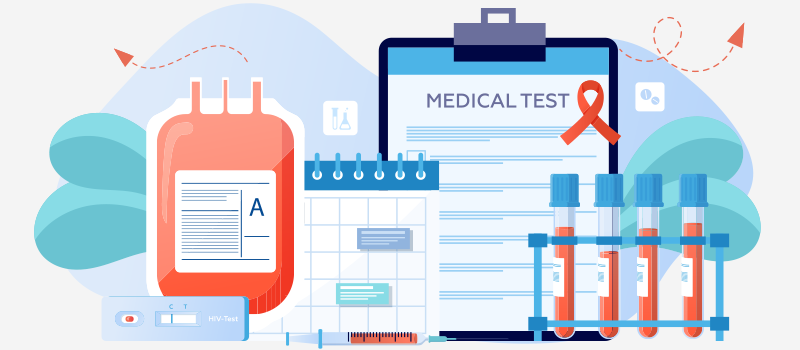
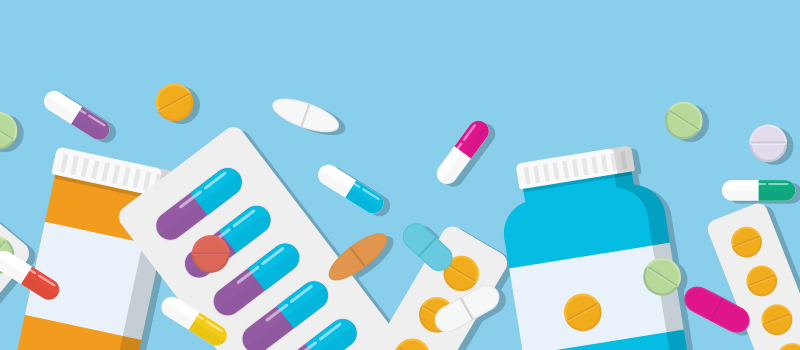

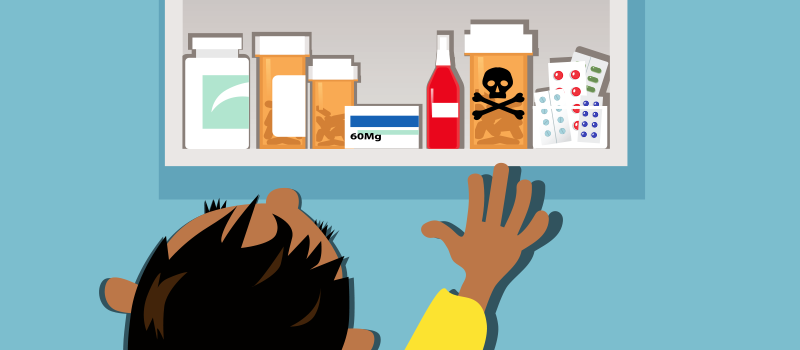
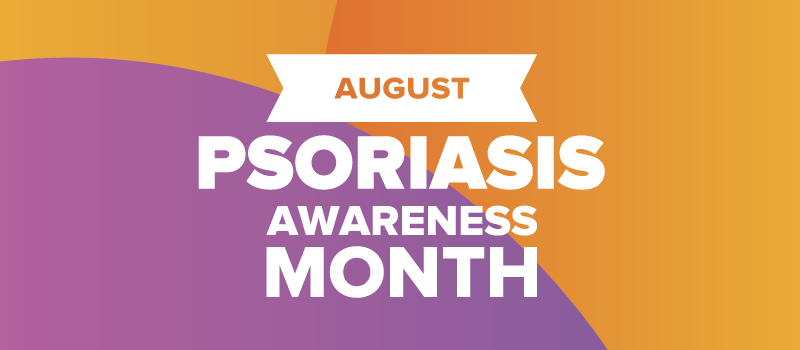
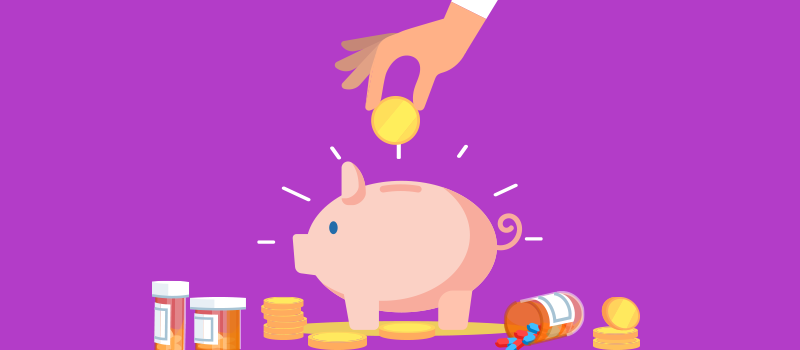

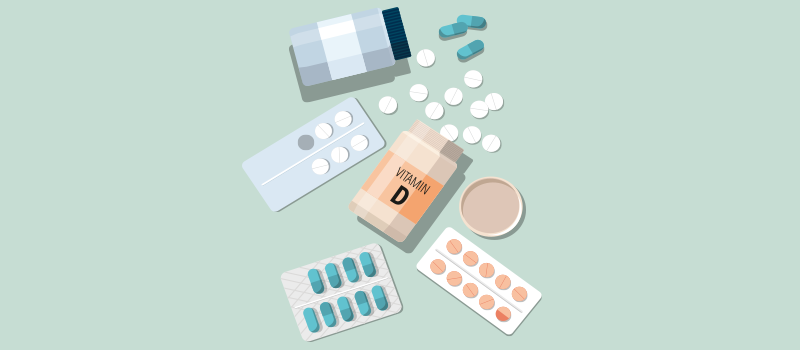


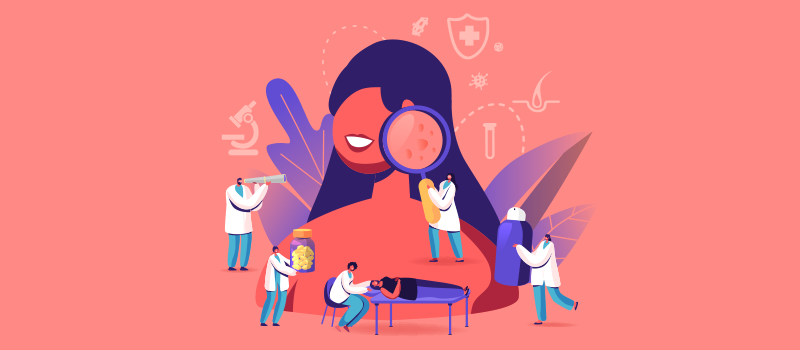
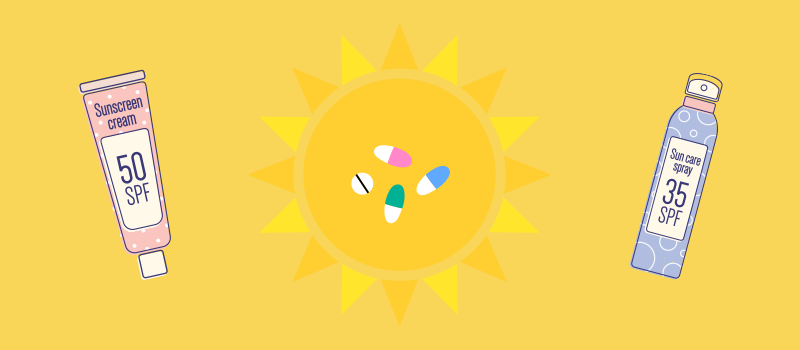
SOCIAL